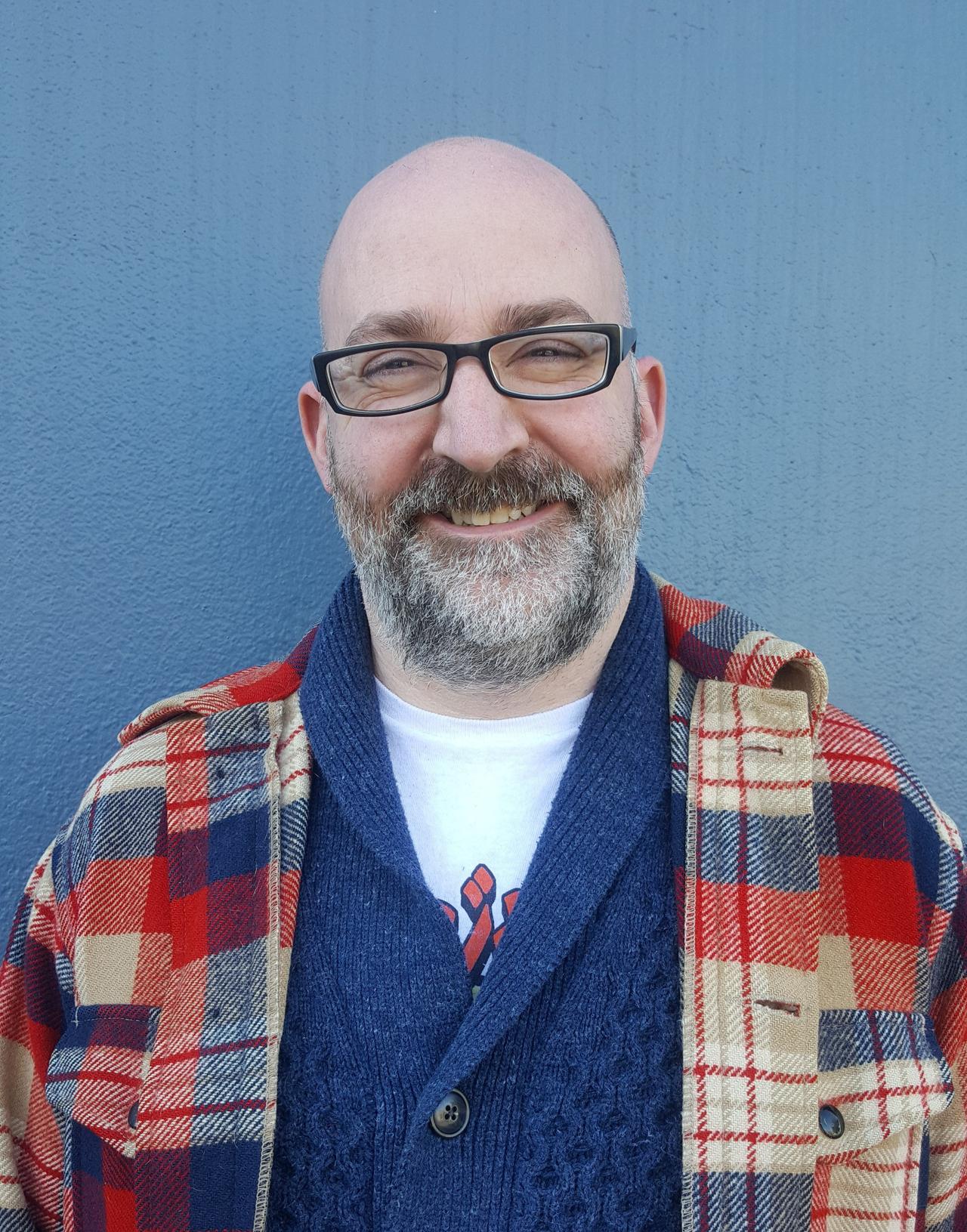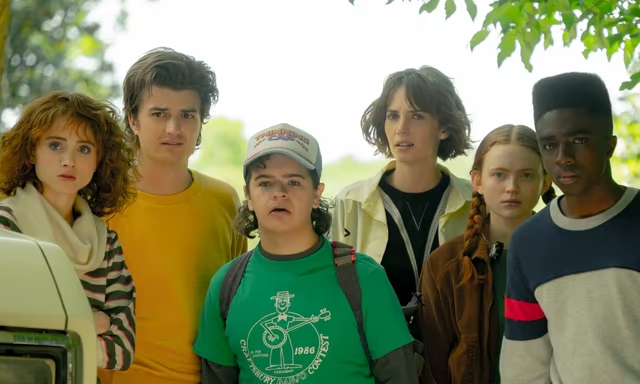If you click on a link and make a purchase we may receive a small commission. Read our editorial policy.
Horror novels are a safe space for kids to confront scary things before they do it in real life, say YA authors including Leslie Lutz and J. Anderson Coats
Authors from the YA horror and thriller genres discussed why teenagers need to be reading stories that scare them

Popverse's top stories of the day
- Five Nights at Freddy’s creator Scott Cawthon has asked the voice actors to stop participating in fan projects including even voice actor memes
- MEMBERS ONLY: Marvel Matters: The cursed chalice of Marvel Studios' success, and the broken cinematic universe dreams it gave Hollywood
- WATCH NOW: Ortegas or Melissa: We play Who Is More Likely To? with Star Trek: Strange New Worlds' Melissa Navia
In an era where YA literature is more and more closely policed by parents and authorities — see the current bill moving through the Florida Senate for just one example — it’s even more important than ever to consider the value of what could be otherwise seen as ‘transgressive’ literature. According to the YA horror writers appearing at Emerald City Comic Con 2025’s 'YA Chills and Thrills' panel, the value is… well, immeasurable.
“I think for me, the reason why this is important, especially as a writer for young people, is that books provide this sort of space for kids to have an experience that is maybe scary or a lot to take in, [where] if they experience it once on the page, if it ever does happen to them in real life, they'll have some tools to move through that a little bit better,” explained The Loss of The Burying Ground author J. Anderson Coats. “That's really super important, especially in the climate we have with the book bans and everything, that kids are not prevented from doing that. Kids are not protected by keeping stuff from them. They're protected by having good information that will help them make choices, and books are an ideal place to have those experiences in a safe and controlled way, especially when, at the end of the story there is some kind of hopeful or positive outcome for them to see that that is possible.”
“Ignorance is not strength,” agreed Sweetest Darkness’s Leslie Lutz. “Kids need to see the hard things. And I think for me, most horror is some kind of metaphor for something that actually happens to somebody: the werewolf is the person in your life who you thought you knew, and suddenly they just turned on you. The zombie is a different kind of betrayal — they've given up their soul somehow, and you can't recognize them anymore. A vampire is that person who is seductive in some way that you can't resist, but they're so bad for you. It just feels like it's easier to see in monster form because, in real life it's harder because they're around you and you can't tell. Which one's going to be dangerous to me and which one's not? It's not always easy, but when it looks like a monster in a book, now I can see it.”
On a similar note, Amanda DeWitt, author of The Underwood Tapes suggested that “there's a lot of catharsis” for readers in horror fiction. “I know there was catharsis in me writing it because I don't express emotions, I just write books,” she joked. “You're able, even if sometimes it hurts too much to connect to your own feelings, seeing a character go through that — and going with them on this journey with, maybe not a quote unquote ‘happy ending,’ but a hopeful ending is cathartic, and maybe hopeful and something that you can relate to.”
Want to know what's coming up next in pop culture? Check out Popverse's guides to:
About ECCC 2025
Join us, my little cryptids, for the geekiest party in Seattle.
Dates
-
Location
Seattle
United States
Follow Popverse for upcoming event coverage and news
Find out how we conduct our review by reading our review policy
Let Popverse be your tour guide through the wilderness of pop culture
Sign in and let us help you find your new favorite thing.
















Comments
Want to join the discussion? Please activate your account first.
Visit Reedpop ID if you need to resend the confirmation email.